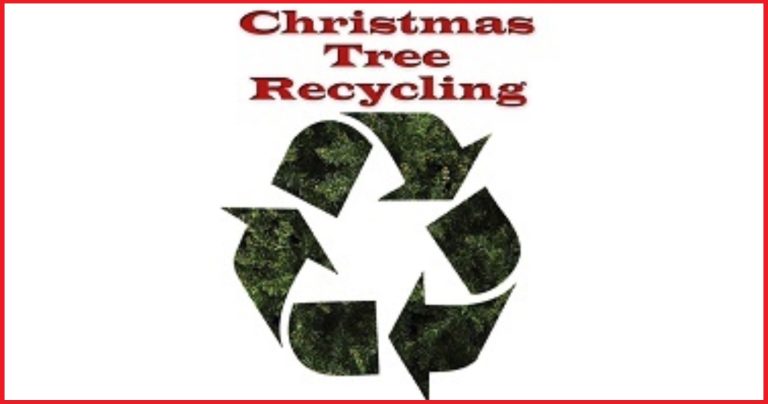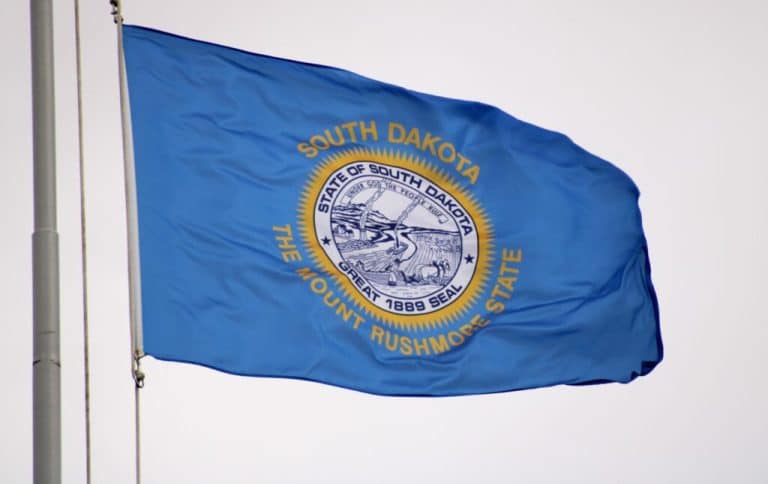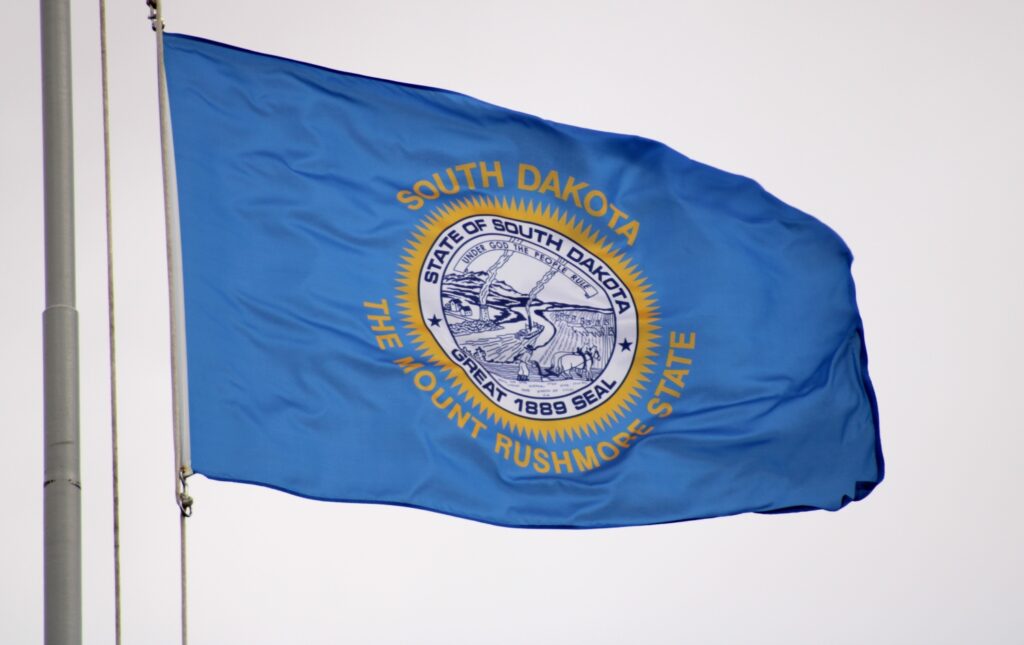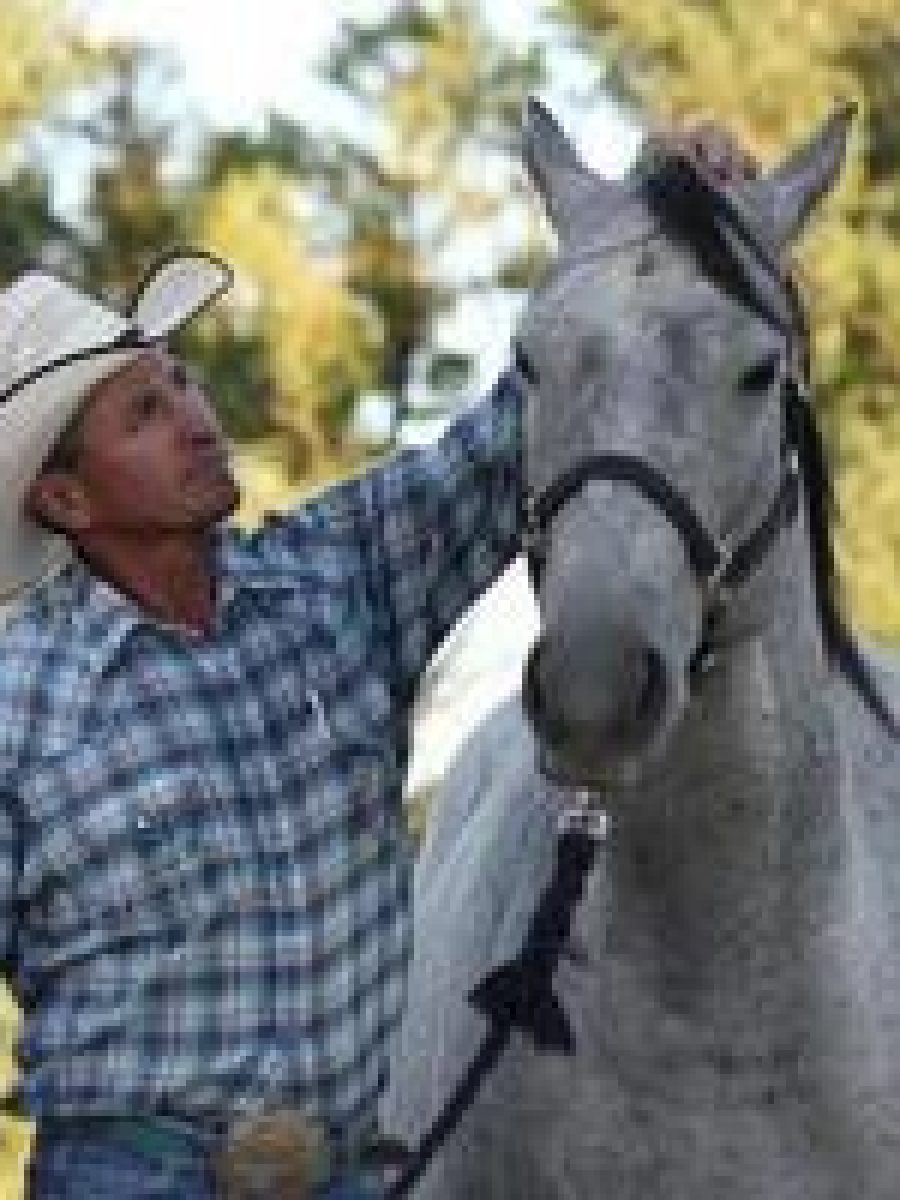BISMARCK, N.D. (AP) — McKenzie County residents are lukewarm on federal efforts to rename a hamlet on the Montana border.
A federal task force is working to replace the names of more than 660 geographic features nationwide that American Indians find derogatory. One of the features is Squaw Gap. The Bismarck Tribune reported Monday that the hamlet is little more than a community hall and an old schoolhouse.
The community is named for a rock formation that was said to resemble an Indian woman carrying a child, according to the book “North Dakota Place Names” by Douglas A. Wick.
U.S. Interior Secretary Deb Haaland last fall declared the word to be derogatory and established a 13-member Derogatory Geographic Names Task Force.
“Words matter, particularly in our work to make our nation’s public lands and waters accessible and welcoming to people of all backgrounds. Consideration of these replacements is a big step forward in our efforts to remove derogatory terms whose expiration dates are long overdue,” Haaland said in a statement. “Throughout this process, broad engagement with tribes, stakeholders and the general public will help us advance our goals of equity and inclusion.
McKenzie County Commission Vice Chair Kathy Skarda grew up in the Squaw Gap area just west of Theodore Roosevelt National Park’s North Unit. She said her friends and family thought the renaming effort was a joke. She also said she doesn’t think the name was ever meant to deride any ethnicity. People will have to live with the name change, she said, but the area will always be Squaw Gap to residents.
Newer editions of dictionaries such as American Heritage, Merriam-Webster online dictionaries, and the Shorter Oxford English Dictionary now list squaw as “offensive”, “often offensive”, and “usually disparaging.” Wikipedia defines the English word squaw as an ethnic and sexual slur,[1][2][3][4] historically used for Indigenous North American women.[1][5] Contemporary use of the term, especially by non-Natives, is considered derogatory, misogynist, and racist.
The local U.S. Forest Service office last month notified the McKenzie County Commission of the renaming effort, said Skarda. The panel “notified the citizens” so they can engage, she said. Possible replacement names include Spring Creek, One-O-One Creek, Phillip Draw, West Fork Badlands Draw and Phillip Spring. The task force will forward recommendations to the Board on U.S. Geographic Names in the coming months.
Mandan, Hidatsa and Arikara Nation Tribal Chairman Mark Fox said he supports removing the term “squaw” from place names. “It really causes serious and strong emotions and resistance to that term,” Fox said.
More information on the task force and a public comment period is at bit.ly/3NGfMNr.













